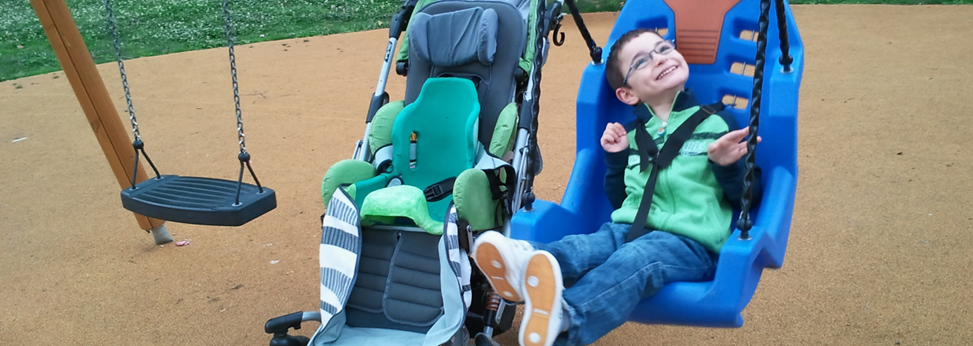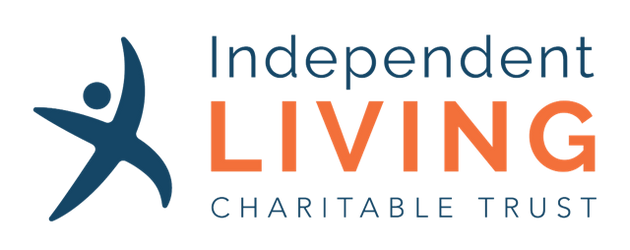
How do the EGL principles help the disabled live good lives?
The EGL principles are:
- Self-determination: Disabled people are in control of their lives.
- Beginning early: Invest early in families and whānau to support disabled children to become independent, rather than waiting for a crisis before support is available.
- Person-centred: Having supports that are tailored to their individual needs and goals, and that take a whole life approach.
- Ordinary life outcomes: Having the support to live an everyday life in everyday places; be regarded as citizens with opportunities for learning, employment, having a home and family, and social participation - like others at similar stages of life.
- Mainstream first: Being supported to access mainstream services before specialist disability services.
- Mana enhancing: Be recognised and respected for their abilities and contributions.
- Easy to use: Supports that are simple to use and flexible.
- Relationship building: Supports build and strengthen relationships between disabled people, their whānau and community.
So, how will the EGL concept work in reality?
In the Beginning...

The enlightenment...
The self-directed funding model, introduced a couple of decades ago, was a significant move to give the power back to the people. It still started with a needs assessment, but a level of funding was agreed that enabled individuals to manage their own daily care needs in a way that suited them. It enabled people with disabilities or long-term health issues to directly employ people to provide the specific assistance they required, when and where they needed it – not to be told 'I am not here to do that' or ‘we're not allowed’!
It enabled them to build long term relationships with their support people who together would create the right kind of support structure with positive outcomes. It also gave them choices around the assistive equipment they could purchase that best suited their needs.
The individual is both the client and the employer, building a team with the right resources, attitude and desires to succeed.
The Transformation...
So, how is EGL different?
“I am encouraged by the new ministry announcement and am hoping this will be supported with new legislative laws that will entrench disability rights throughout the whole system. The thought that more opportunities might arise gives me further hope that 'a good life' is indeed possible despite the challenges living with an impairment brings.” - Tony Howe, Assistive Technology Mentor
- The purpose of Enabling Good Lives is to provide holistic support to live an everyday life in everyday places by changing the system from one of “delivery” services to one of “facilitating” services.
- The intent of the Enabling Good Lives approach is to make changes so that disabled people and their families have control of their lives. This includes them having the “say so” in how resources are used.
- The primary focus is to enable disabled people and their families to have greater choice and control over the supports they receive and the lives they lead.
- Different communities may need to do things differently to suit their specific circumstances and preferences. Enabling Good Lives recognises people live in a variety of communities and with the EGL approach, some things will be the same around the country (i.e. principles, general outcomes and monitoring processes) while some communities will require a more regional approach.
How does EGL stack up when aligned to the Principles?
The Enabling Good Lives approach is based on supporting disabled people's access to everyday life in everyday places, rather than focusing on 'special' places or activities for disabled people.
"For me, and for many others, it is a chance to 'come out into the light' and to be more visible within our communities by more fully engaging with all our supports possible without the current restrictions of a limited system that is scared of giving too much.” - Tony Howe, Assistive Technology Mentor
An example of EGL in practice is the introduction of the Assistive Technology Mentors programme, designed originally to meet the needs of disabled people in Australia when the National Disability Insurance Scheme (NDIS) was introduced.
This certification enables disabled people and those with long term health conditions to train and gain a unique certification, utilising their own lived experience to guide and mentor others to find the right assistive products that will help them achieve their goals and aspirations in life.
With the new Ministry for Disabled People starting 1 July this year and the national roll out of the Enabling Good Lives approach, the AT Mentor Certification is a perfect demonstration of the Enabling Good Lives Principles by providing unique employment opportunities for Disabled People. It ensures Subject Matter Experts with lived experience are guiding and mentoring solutions to others. Independent Living are delighted to be the first New Zealand organisation to have multiple trained AT mentors.
What are your thoughts on the new Ministry and the EGL framework? Will it deliver better outcomes and more aspirational and fulfilling lives for people living with disabilities? Let us know in the comments, we’d be keen on your thoughts.

